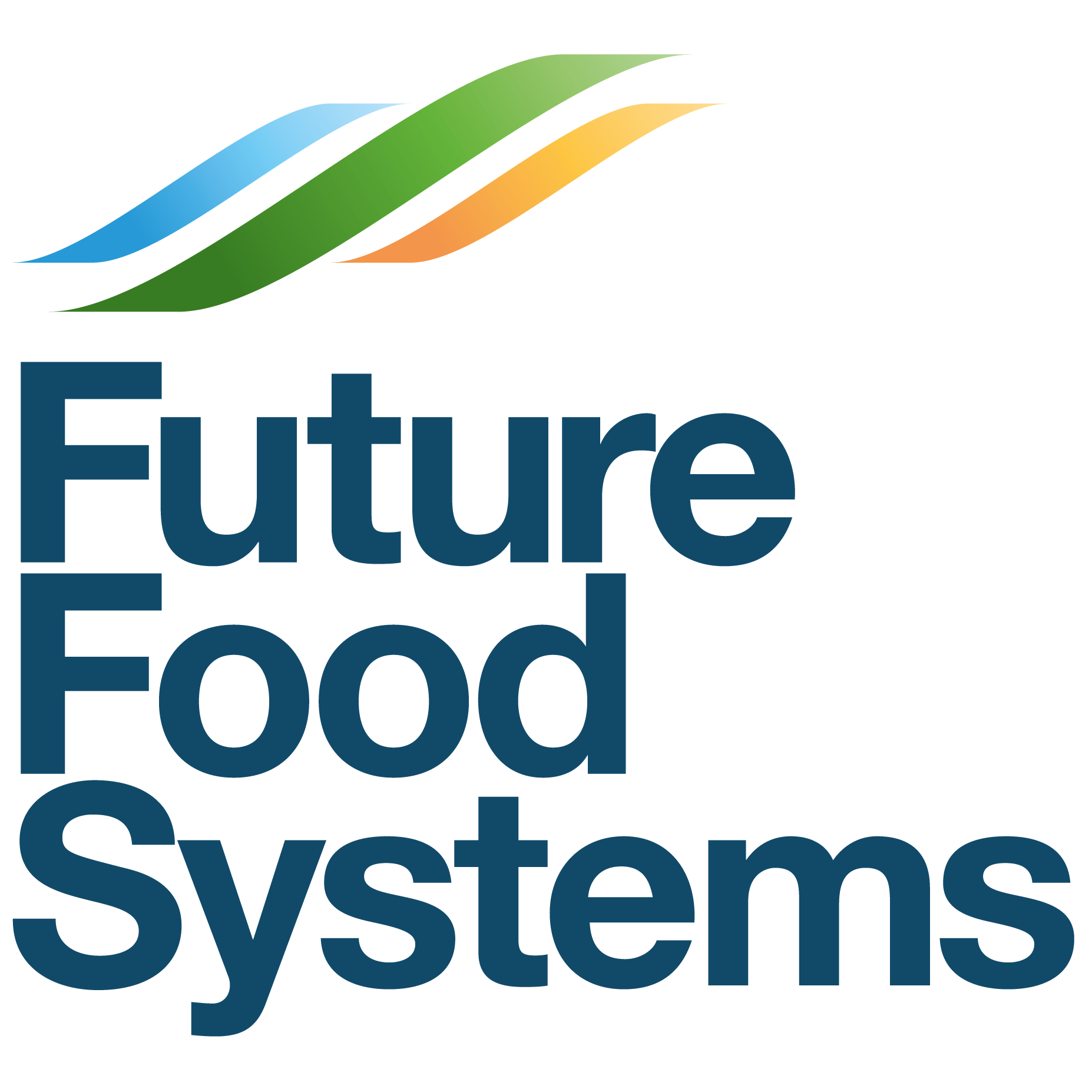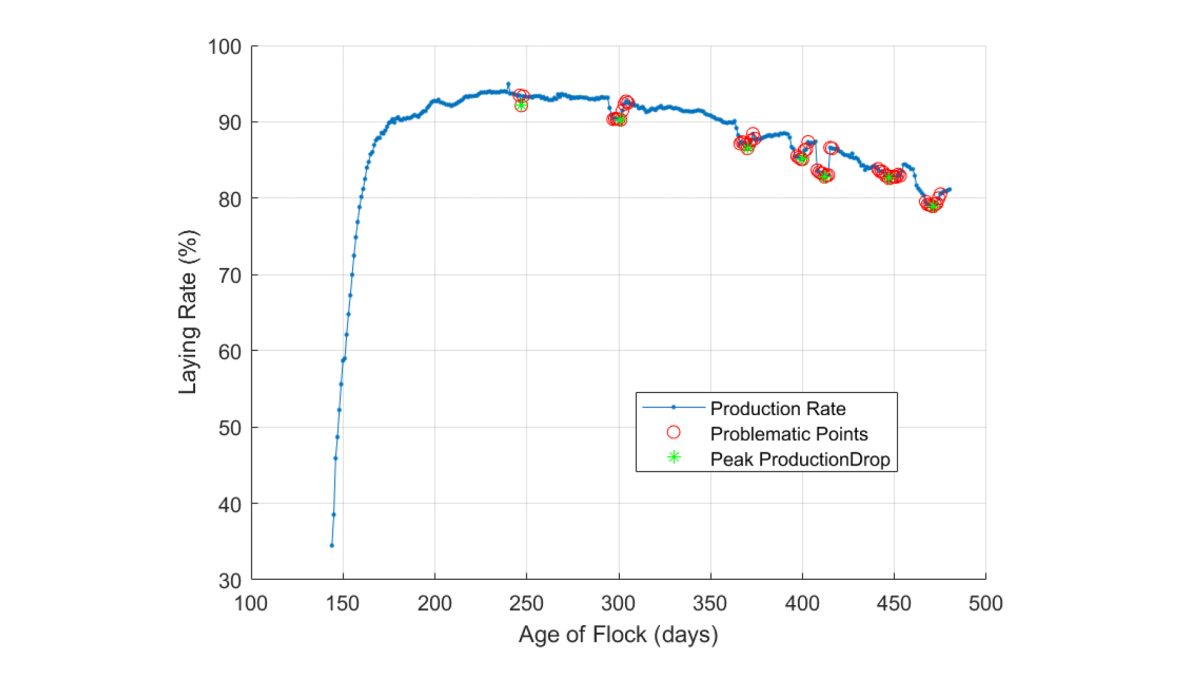Challenge Free-range eggs now account for 52% of the Australian market, driven by consumer beliefs that they are healthier and taste better (Heng et al., 2013; Bray and Ankeny, 2017). However, free-range production faces challenges such as inconsistent laying patterns, early or late onset of lay, fluctuating egg output, and declining quality over time. These issues stem from management and environmental factors, including range access and weather. Inconsistencies in flock performance make it difficult to maintain a stable, high-quality supply.
Solution To tackle this, the project aims to develop supervised machine learning algorithms to predict egg production performance. By analysing data on flock behavior, management, and environmental variables, the models will assess key factors that influence laying trends. These predictive tools will enable early detection of performance issues, allowing producers to intervene proactively and maintain consistent output.
Impact The use of predictive algorithms will help reduce variability in egg production, improve quality, and support flock consistency. Producers will gain foresight into potential disruptions, minimising losses and ensuring a reliable supply of free-range eggs. This approach will strengthen consumer trust and advances sustainable, data-driven egg farming in Australia.








